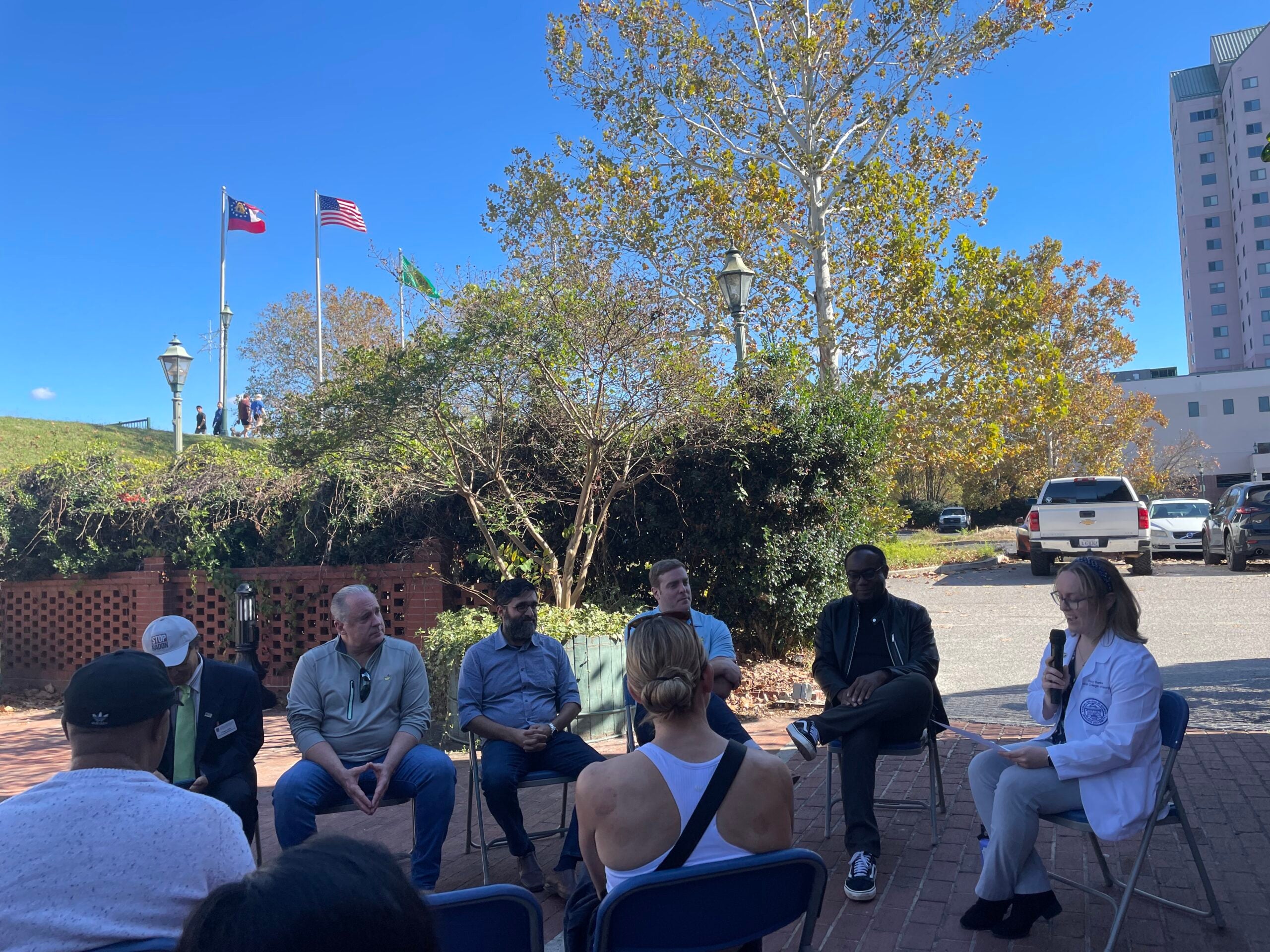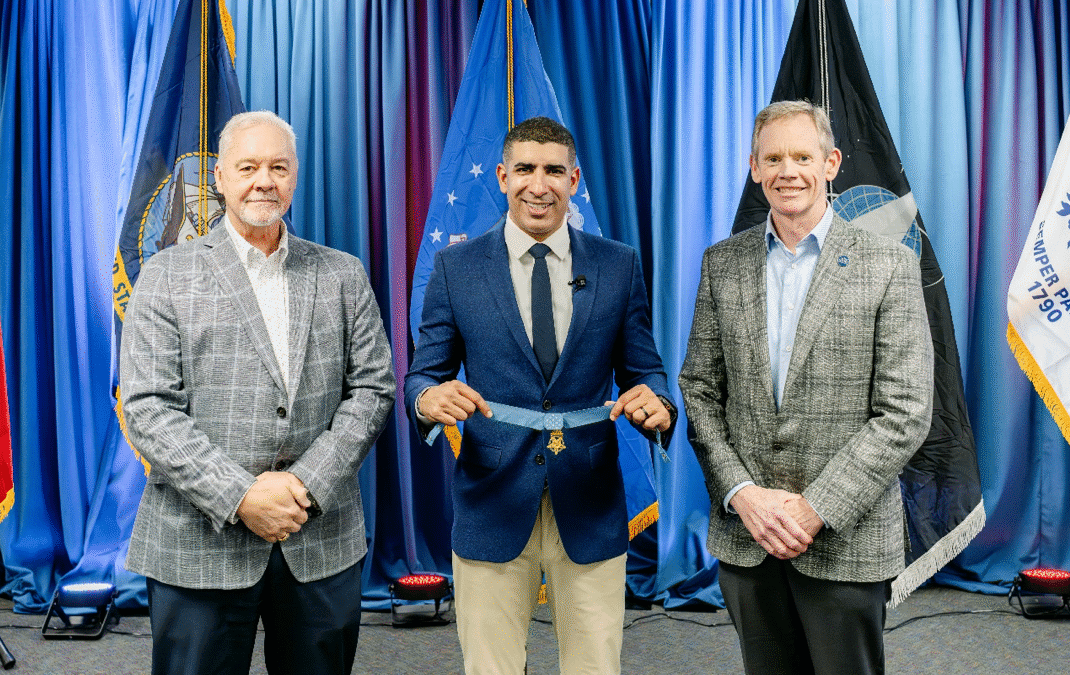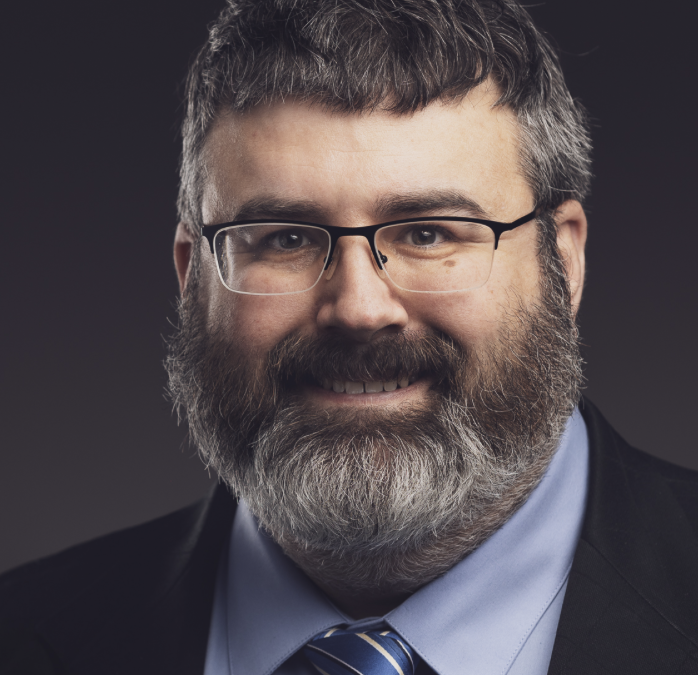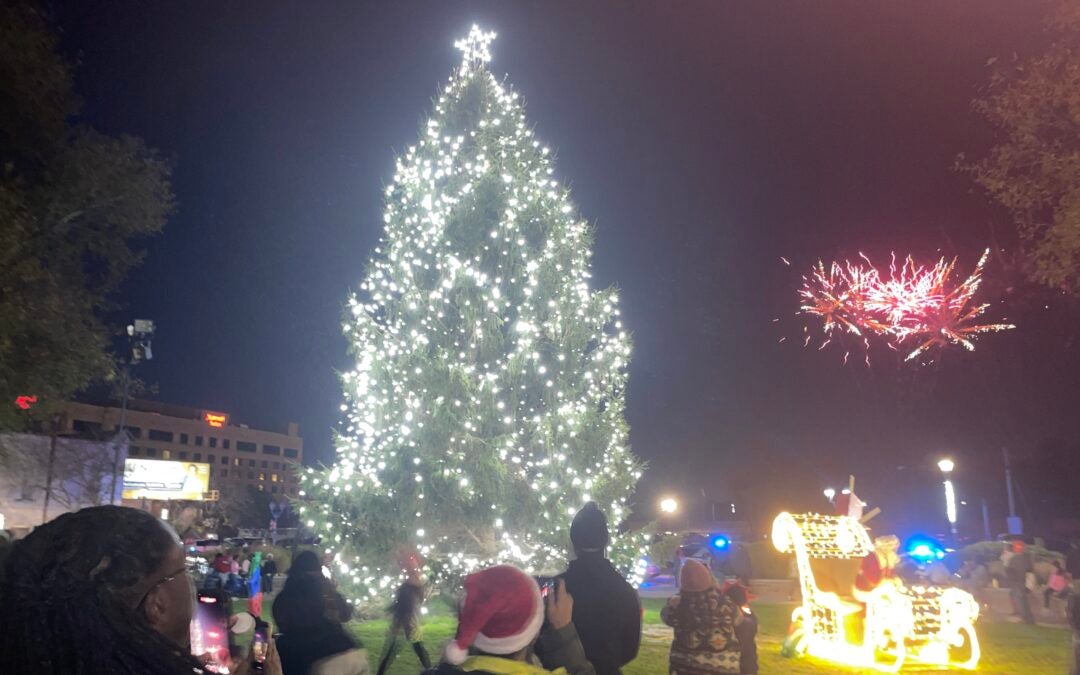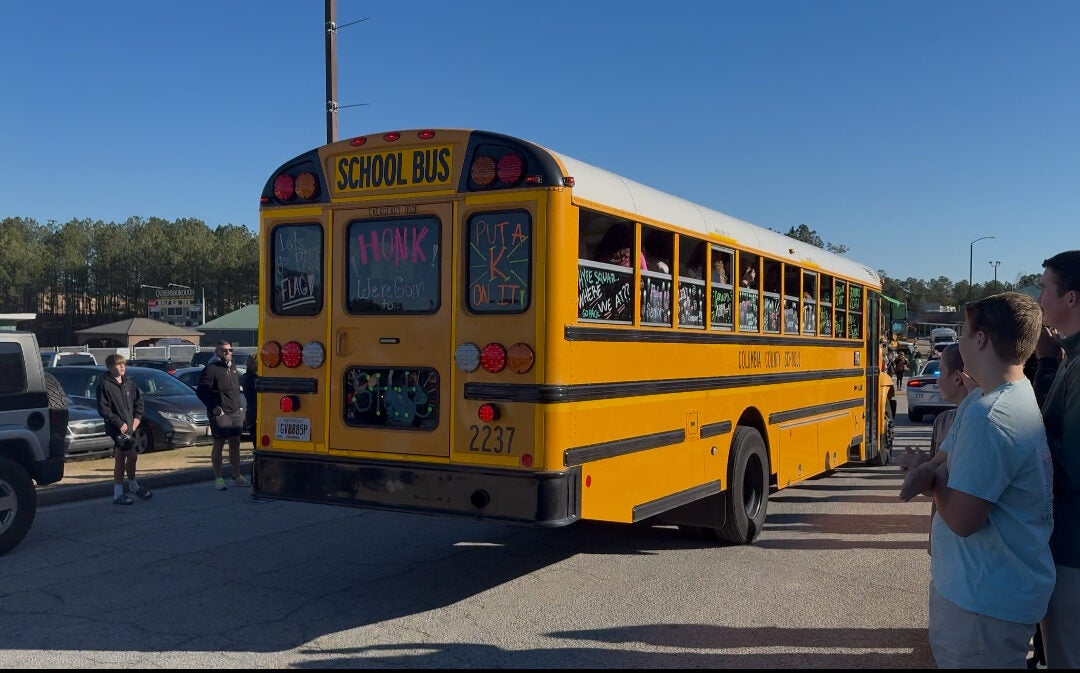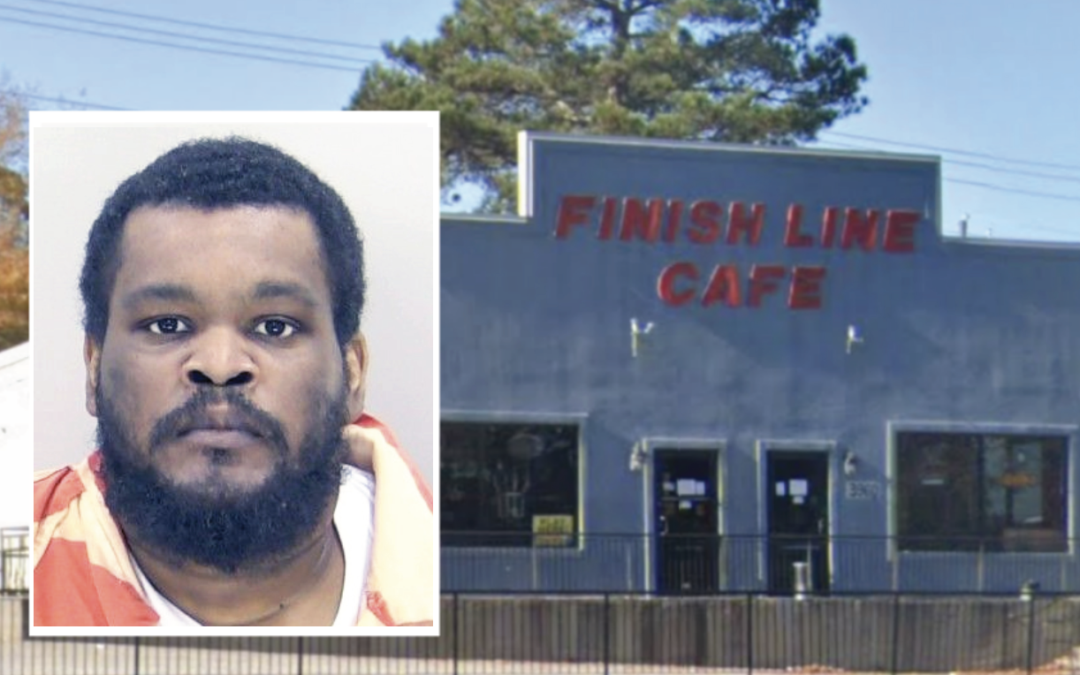The Georgia Cancer Center hosted its annual White Ribbon Fall Fest at the Augusta Saturday Market this year.
The yearly health bazaar is part of the Cancer Center’s White Ribbon Program, launched in partnership with MCG’s Oncology Interest Group, to raise awareness of and reduce stigma surrounding lung cancer.
The event was comprised of booths offering various health resources and information, along with free lunch boxes from Jason’s Deli.
Attendees between the ages of 50 and 80 could even sign up to schedule lung cancer screenings. Lung cancer screening coordinator Ashley Cresswell. added that current or former smokers could also schedule a screening
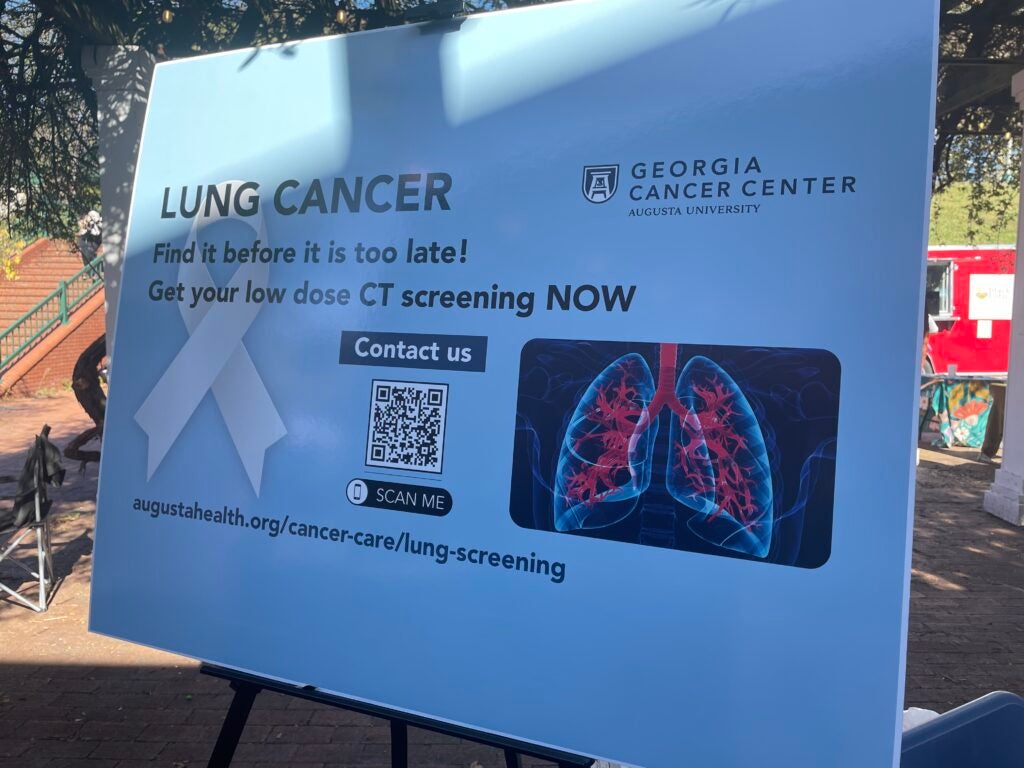
The Augusta Equality Clinic and the Concerned National Black Nurses of CSRA also had display tables, distributing information.
“We want to do our part by taking the knowledge that we’ve gained and pour it into our community,” said Antonio Golden, vice president of the nurses’ organization, a local branch of the National Black Nurses Association (NBNA). The group aims to inform the public about the nursing profession and nurses’ concerns, including guiding communities in healthcare matters.
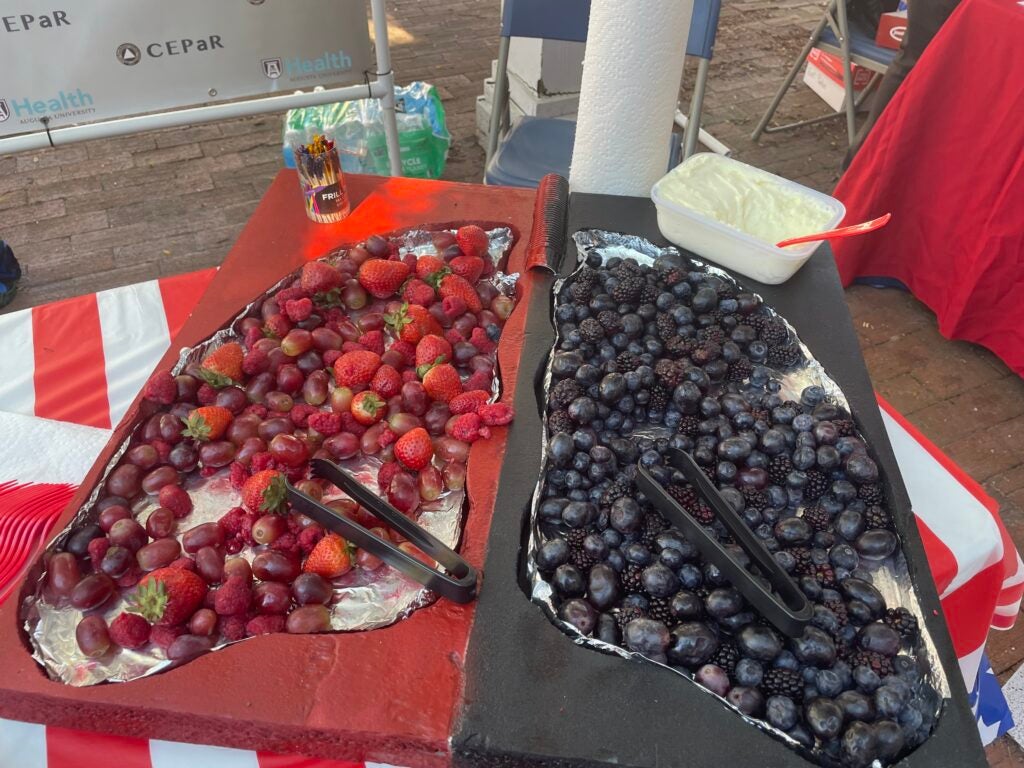
The fest also featured a panel presentation by Wellstar medical experts, including Drs. Daniel Miller and John Kuckelman of MCG’s Adult Cardiothoracic Surgery Department, Wellstar oncologist Dr. Girindra Raval, and University of Georgia professor and radon researcher Dr. Uttam Saha.
Radon, an invisible, odorless radioactive gas, is the second leading cause of lung cancer, behind smoking, according to the Environmental Protection Agency. Saha stressed the importance of getting homes radon tested, kits for which, he noted, were available from UGA’s website for $15.
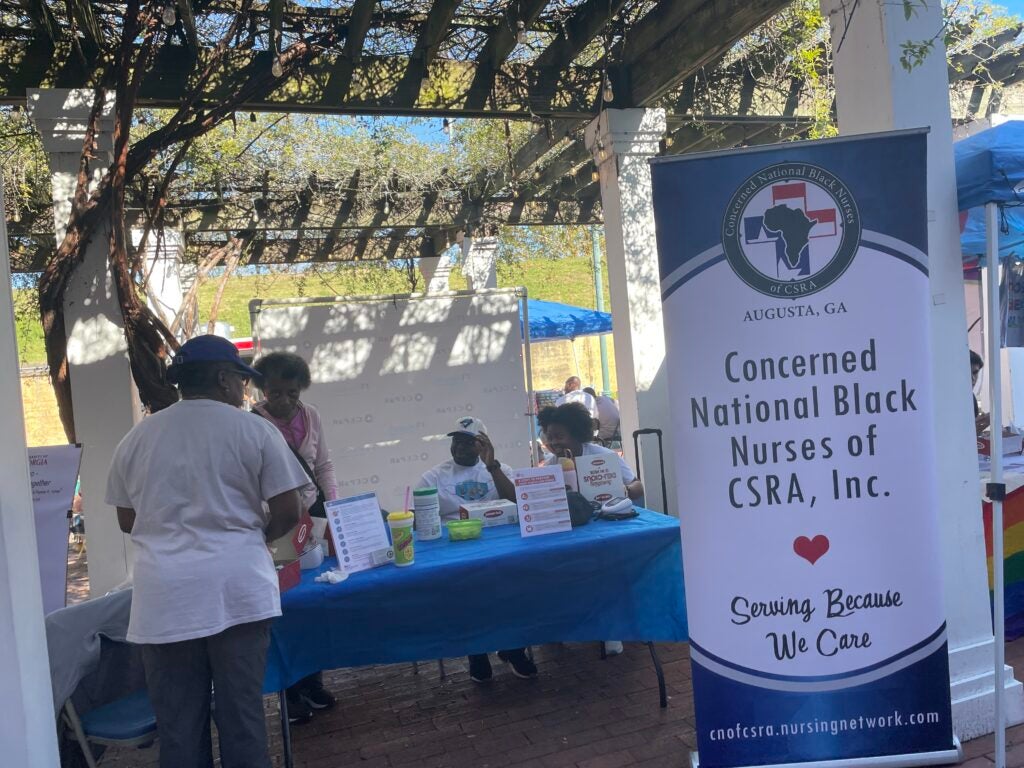
The process of reducing radon levels in the house, called mitigation, can cost up to about $1,500.
Kuckelman noted, during a portion of the panel discussion addressing the advancement of lung cancer treatment technologies in the last 20 year, that a diagnosis is no longer “synonymous with a death certificate,” especially, he and Ravel noted, with early detection and new, specialized treatment regimens.
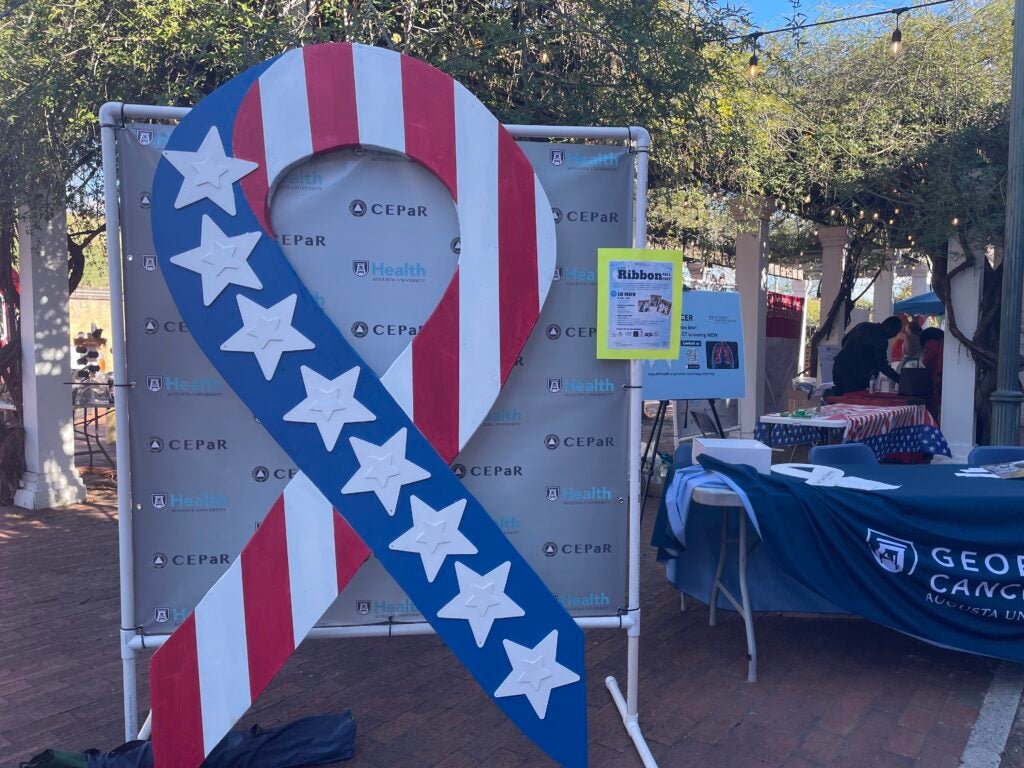
“There are different types of cancer,” Ravel said. “And now we’re finding out by the genetic makeup of a particular individual, that one person’s lung cancer is different from another person’s lung cancer. And so now we are getting to a point where we’re able to personalize the treatment.”
Skyler Q. Andrews is a staff reporter covering business for The Augusta Press. Reach him at skyler@theaugustapress.com.

